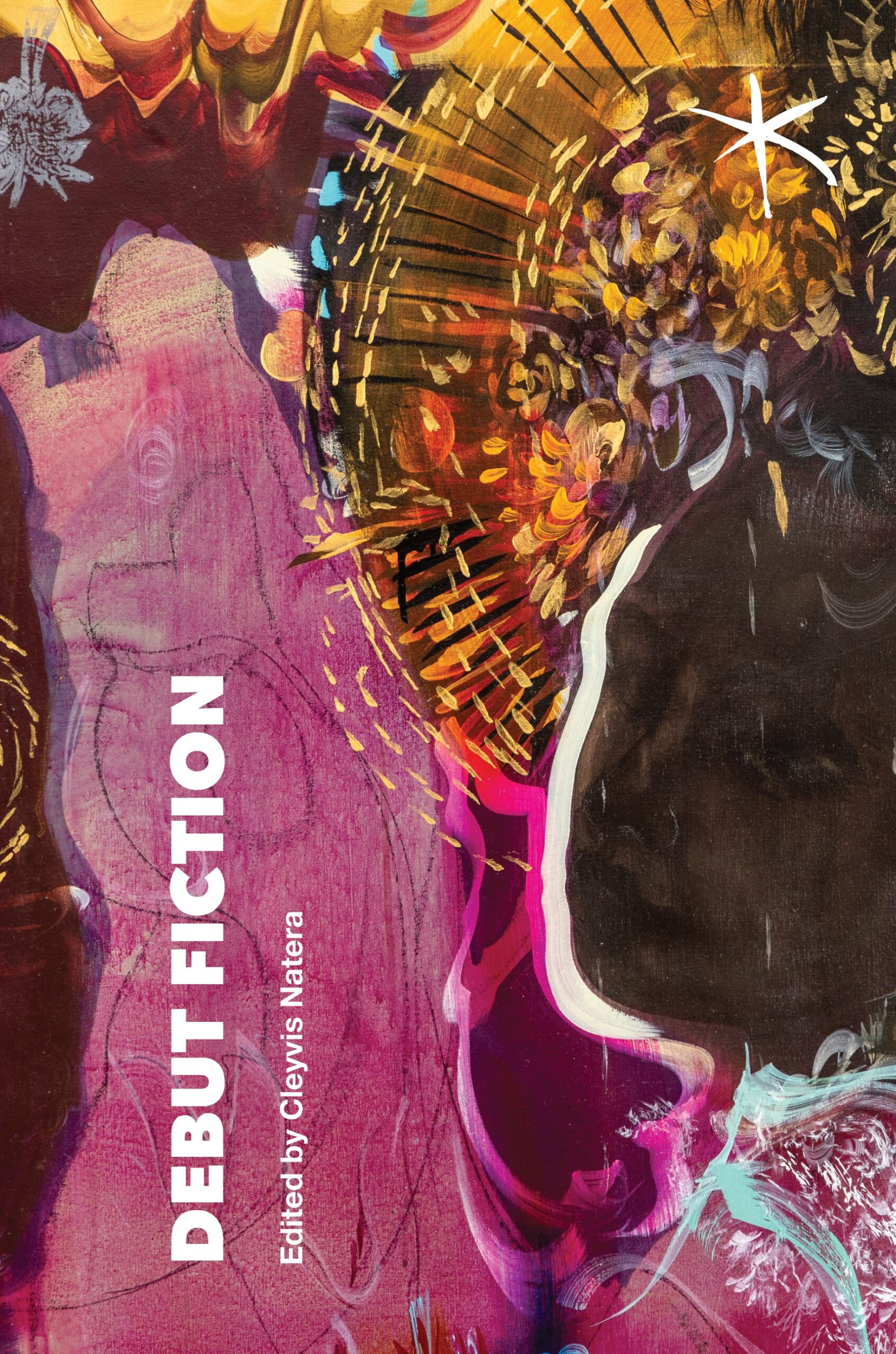
You have the same face. As if she never left, Tío Jorge says, we’re in front of the El Salvador International Airport. His laughter echoes my mother’s who stayed behind in Los Angeles. He pulls me in for an embrace and I lean into his arms.
Tío Oscar, the elder brother, ambles toward me. His hands are my mother’s. His gait is the same as that of my uncle who raised me in the States.
These men are still boys in my mother’s childhood photographs, pressed in the family albums stacked in her closet 3000 miles away. Photographs neatly tucked in the “before” albums. Before the civil war, before departing El Salvador, before settling in Los Angeles. The “before” my mother rarely speaks of.
I’m part of the after.
It’s like that brat spit her out, Tío Oscar jokes as he picks up my suitcase. My mother is still a child in their minds, still playing arranca cebolla, still afraid of black cats crossing her path, still with a mouth full of laughter.
Tío Oscar touches my hair and says, You’re the night version of my sister. But tan like our mother.
My suitcase is thrown in their trunk they have to push down on with force, and we settle into the two door Toyota car that groans loudly for the thirty minute drive into the city.
Today I will meet my grandmother. Her memories are failing her. They call her, la abuela lejana. Her distance in time has shrunk, they say.
The streets become busier, windier, more bottle necked as we reach San Salvador. I imagine my mother as a teenager watching street cars racing down the dirt roads, using the excuse of buying groceries to see her boyfriend on her way to the market, men leering and following her in the shadows, bracing herself for when the soldiers would enter unannounced and ransack their home.
I imagine la abuela lejana telling my mother, her teenage daughter, Now go, Go! After the city had become an open wound ready to devour the girl.
As we turn the corner, I see the home that is a backdrop of my mother’s childhood photographs. The beige concrete brick home, with white metal railings on the windows and doors. Wrapped in concertina wire, a brick fence surrounds the perimeter.
Through the metal doorway, the shadow of a small woman with short gray hair, a plaid shirt and tan skirt appears.
La abuela lejana. That ‘s her.
She is small, her curly hair— silver. She holds her hands together. She stands in the middle of her living room, with a stray fat cat on her side. She forgets to eat but never forgets to feed the tabby.
La abuela lejana is far from the indomitable woman who intimidated her children. The kind of mother who believed she must break her children before the world did. When she looks at me, I see a glimpse of that intensity.
Mama, look, says Tío Oscar, nudging me towards her.
Her eyes meet my shoulders.
Who is this girl? She points with her lips.
Mama, look closely, Tío Oscar moves me closer to her. I could smell her breath.
What does it matter? She’ll forget any minute, Tío Jorge says.
Mi hija? she says.
She’s Dina’s daughter, Tío Oscar responds.
My daughter. I had to lose her to save her.
My children. Not all of them.
But some of them. Do you know them?
Look.
The family album is filled with photos of myself as a child, of my mother as a girl, of my uncles as children, of the cousins I grew up with and the ones who are strangers.
3000 miles, more than three decades pressed into pages.
This album, like her memory, has collapsed time.
Look.
Who is this girl? She’s no longer looking at the photographs, our eyes meet again.
I’m your daughter’s daughter, I reiterate.
A flicker of acknowledgement.
She leans forward, facing me. She folds my hands into hers.
My face is the kaleidoscope reflecting her faces from other places, from other times.
A little piece of my daughter is home.
These sons of bitches never tell me!
You find me like this, in rags!
She stands up, looking for a change of clothes.
No, your grandmother is more than this.
She stops.
She fades again.
Who is this girl?
I’m your granddaughter.
Who is this girl?
I’m Tanya.
Who is this girl?
I’m your daughter’s daughter.
My daughter. I had to lose her to save her.
Do you know her?
Look.
She points to the portraits hanging in the living room. There’s my mother in her high school graduation photo. Eighteen, wide-eyed, in a soft pink pastel, with a real smile.
She smiles.
Look at all that pretty hair.
I have hair like yours.
Look.
A mirror next to my mother’s portrait captures our reflection.
A veil of gray, blonde and brown curly hair.
Do you know my daughter?
Do I know my mother?
Our eyes catch each other.
She examines our three faces with the same intensity.
Who is this girl?
Who is this girl?
The last time she asks me, she’s fading into another dream.
Who is this girl?
With her hands caressing my hair, I respond,
I’m a friend.
Friend, my grandmother looks at me sharply,
Don’t lie. Look. You’re me.
The one that’s still.
Stay.
****
This essay originally appeared in LARBPublab.org, the magazine of the Los Angeles Review of Books Publishing Workshop on June 21, 2023.
Tanya Shirazi Galvez is a Los Angeles born, Las Vegas based writer. She is a Black Mountain Institute Ph.D. fellow in fiction at UNLV. She writes about the messiness of girlhood. She’s working on her first novel and a collection of short stories."






